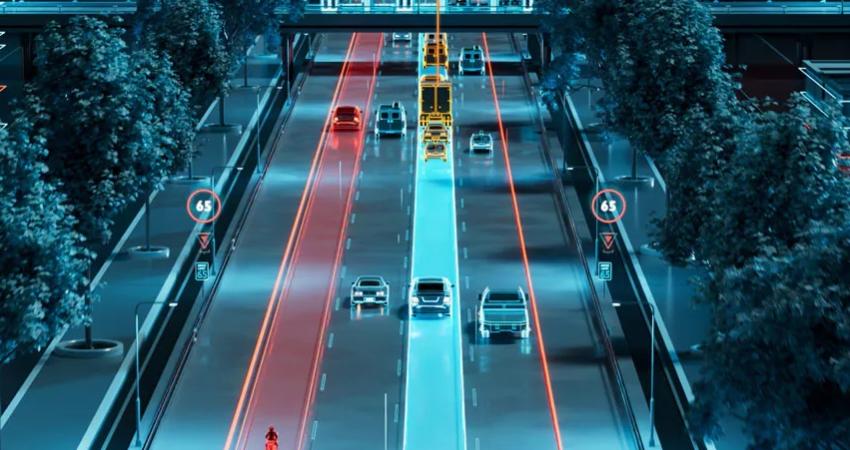The EU's TEN-T Programme is to invest over US$4.4 million in studies and pilot deployment of 115 high power re-charging points on Central European roads, to enable long-distance driving of electric vehicles and promote sustainable transport modes.
The EU says Europe needs to adapt the road infrastructure to meet consumers' e-mobility requirements as the number of cleaner and more efficient vehicles, including electric ones, is increasing. One priority is to enable efficient long distance driving on an i
The EU's TEN-T Programme is to invest over US$4.4 million in studies and pilot deployment of 115 high power re-charging points on Central European roads, to enable long-distance driving of electric vehicles and promote sustainable transport modes.
The EU says Europe needs to adapt the road infrastructure to meet consumers' e-mobility requirements as the number of cleaner and more efficient vehicles, including electric ones, is increasing. One priority is to enable efficient long distance driving on an interoperable network, which should in turn lead to increased usage of electric vehicles.
This project will include studies aimed at identifying the preferences and needs of consumers in terms of electric re-charging. Additionally 115 high power re-charging points will be deployed in Austria, Croatia, Germany, Slovakia, and Slovenia to create a re-charging network with country-wide coverage in Austria, Slovenia and Slovakia and connections from this network to Munich and Zagreb.
The project will focus on the roll out of technologies ready for mass market deployment in the short term (high power re-charging for battery and plug-in hybrid electric vehicles) and additionally carry out studies examining the preparation required for the roll-out of complementary solutions that will be ready in the mid-term (hydrogen refuelling for fuel cell electric vehicles).
The EU says Europe needs to adapt the road infrastructure to meet consumers' e-mobility requirements as the number of cleaner and more efficient vehicles, including electric ones, is increasing. One priority is to enable efficient long distance driving on an interoperable network, which should in turn lead to increased usage of electric vehicles.
This project will include studies aimed at identifying the preferences and needs of consumers in terms of electric re-charging. Additionally 115 high power re-charging points will be deployed in Austria, Croatia, Germany, Slovakia, and Slovenia to create a re-charging network with country-wide coverage in Austria, Slovenia and Slovakia and connections from this network to Munich and Zagreb.
The project will focus on the roll out of technologies ready for mass market deployment in the short term (high power re-charging for battery and plug-in hybrid electric vehicles) and additionally carry out studies examining the preparation required for the roll-out of complementary solutions that will be ready in the mid-term (hydrogen refuelling for fuel cell electric vehicles).







